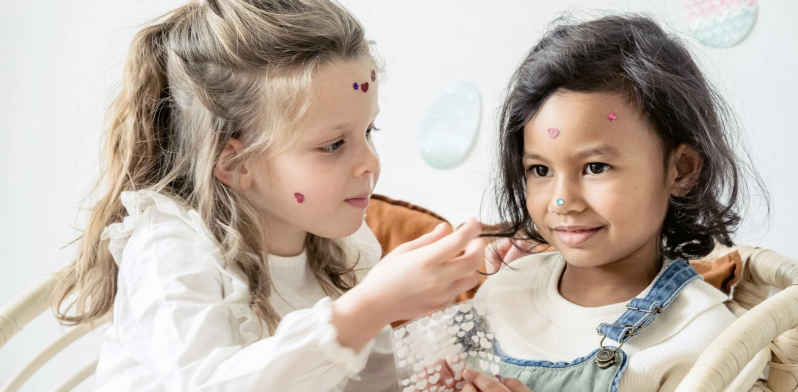
Unlocking Potential: How Child Therapy Services Transform Young Lives
In a world where childhood can often feel overwhelming, child therapy services emerge as a beacon of hope and transformation. Every child holds a unique story, filled with potential that can sometimes be obscured by emotional challenges or behavioural struggles. By providing a nurturing space for expression and growth, these specialised services empower young minds to navigate their feelings, build resilience, and develop healthier coping strategies. Imagine the impact of helping a child unlock their inner strength, embrace their individuality, and foster meaningful connections with others. As we delve into the transformative power of child therapy, we will explore how it paves the way for brighter futures, not just for children, but for families and communities as well. Join us on this journey to understand how tailored therapeutic approaches can change lives, allowing children to thrive and reach their fullest potential.

The Ultimate Guide to Teenage Counselling: Beyond the Basics
Navigating the turbulent waters of adolescence can be overwhelming for both teens and their parents. As young people grapple with emotional shifts, social pressures, and academic demands, the need for support becomes increasingly evident. Finding the right teenage counselling can feel daunting, yet it is one of the most important steps toward fostering resilience and long-term wellbeing.
This guide is designed to move beyond the obvious, offering fresh insights into what really matters when seeking support for your teenager, not just in addressing immediate concerns, but in building lasting emotional strength.

Parent–Child Interaction Therapy (PCIT): Strengthening Bonds and Supporting SEN in Primary Schools.
Across the UK, and particularly here in Blackpool, Wyre and Fylde, schools are seeing a steady rise in the number of children needing Special Educational Needs (SEN) support. Reports highlight not only the increase in referrals but also the ongoing struggle to ensure that pupils get the right help early enough. For teachers, this often means classrooms where behaviour becomes a barrier to learning. For parents, it means worrying about how to help a child who is struggling but can’t always explain why.
At CALMSS, we believe that no child should feel misunderstood or left behind. One of the ways we meet this challenge is through Parent–Child Interaction Therapy (PCIT), a therapy that is both practical and evidence-based, but also warm and deeply hum

Understanding the emotional wellbeing challenges faced by young people (16–21).
Young people across the UK face a growing range of emotional wellbeing challenges, often shaped by a complex interplay of personal, social, and systemic pressures. Between the ages of sixteen and twenty-one, young people are navigating transitions into adulthood, often without the emotional tools or consistent support needed to manage the weight of these changes.

Effective strategies for navigating emotional crises (16–21)
Supporting young people through emotional crisis requires more than immediate intervention, it requires relational consistency, emotional safety, and trauma-informed care that respects the complexity of their experience.

CALMHSS commitment to a stigma-free environment.
At CALMSS, we believe that emotional wellbeing begins with feeling safe, seen, and never judged. For many young people, stigma remains one of the most powerful barriers to seeking support. Research by YoungMinds (2022) shows that over half of young people aged 16–25 feel embarrassed or afraid to talk about their mental health, fearing they won’t be taken seriously or might be labelled as “difficult” or “broken.”

A story of finding stability, strength, and self-worth with CALMSS.
When this young person was first referred to CALMSS, they were experiencing deep emotional distress. They had been self-harming regularly, disengaged from education, and carried a history of trauma that had left them feeling unsafe, unheard, and disconnected. Trust in professionals was low, and their sense of self had been shaped by years of instability, loss, and shame.
Seeking support?
If you or someone you know is struggling with emotional wellbeing, CALMSS is here to help. Contact us today to learn more about our services and how we can support you.